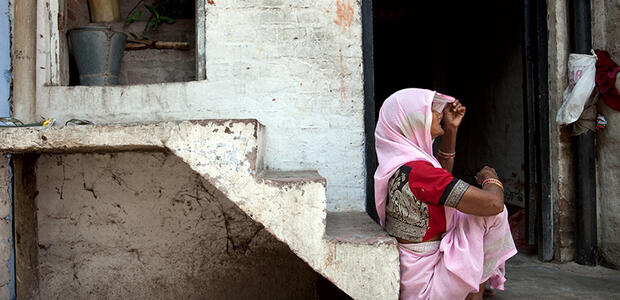The World Income Inequality Database (WIID) presents information on income inequality for developed, developing, and transition countries. It provides the most comprehensive set of income inequality statistics available and can be downloaded for free.
Please visit the 2019-23 project page for the most up to date information on the WIID
The latest version of the WIID, released in May 2020, covers 200 countries (including historical entities), with over 11,000 data points in total. With the current version, the latest observations now reach the year 2018. The data can be downloaded here. WIID is also available in the interactive visualization tool.

 Join the network
Join the network



